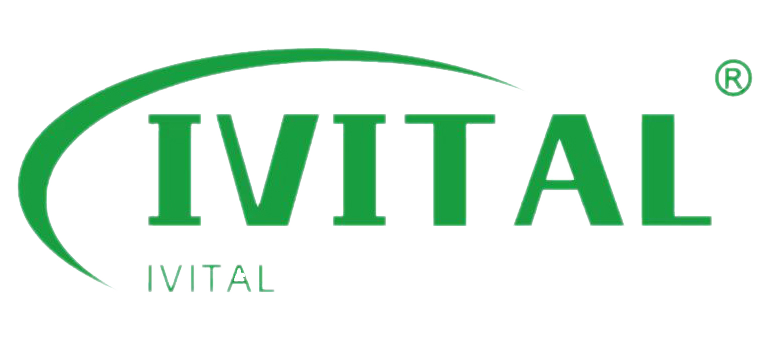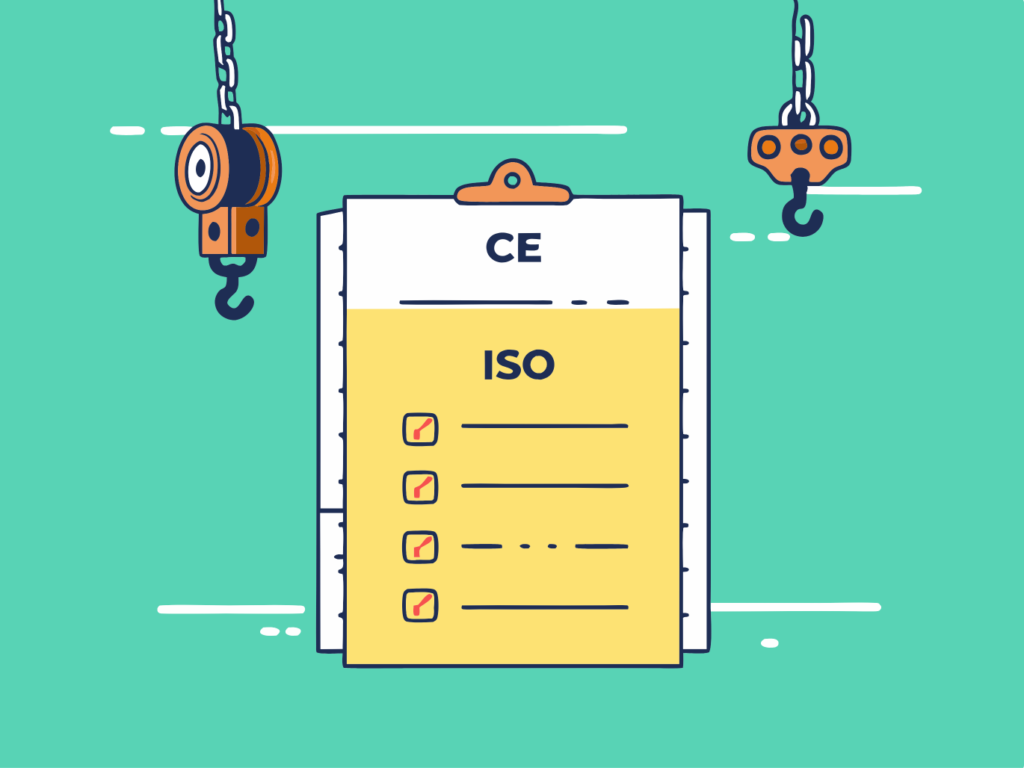I used to worry about customs clearance delays. Then I learned the certifications I needed. It changed everything.
To export electric hoists to Southeast Asia, you need CPS certification in Singapore, SIRIM in Malaysia, and TISI in Thailand. These certifications make sure your products meet safety laws and pass customs smoothly.
One time, I lost a big order because my products didn’t have the right certification. After that, I made a checklist. In this guide, I’ll share the steps I follow, so you avoid mistakes like I did.
[Table of contents]
- What is CPS Certification in Singapore and How Do I Get It?
- How Do I Apply for SIRIM Certification in Malaysia?
- What is TISI Certification in Thailand and Why Does It Matter?
- How Long Does It Take to Get Certified in Southeast Asia?
- How Can I Ensure Smooth Customs Clearance?
- What Are the Benefits of Getting Certified Early?
- Where Can I Find Help with Southeast Asia Certifications?
What is CPS Certification in Singapore and How Do I Get It?
I remember my first shipment to Singapore. I had no clue about CPS. It almost cost me the deal.
CPS stands for Consumer Protection Safety certification. It is mandatory for electric hoists to enter Singapore legally. Without it, customs will block your shipment.
How CPS Works in Practice
I went through the process myself. Here is how it works.
Step-by-Step Application
- I submitted an application to an approved CPS body like TÜV SÜD PSB.
- I provided product specs, test reports, and a declaration of conformity.
- The product went through safety testing.
- I got my Certificate of Conformity (CoC).
Documents You Need
| Document Name | Purpose |
|---|---|
| Product specifications | Show product details |
| Accredited test reports | Prove safety compliance |
| Declaration of conformity | Manufacturer‘s self-statement |
| Certificate of Conformity | Proves approval after testing |
How Long It Takes
It took me 4 to 6 weeks. If you are prepared, it can be faster.
My Insight
I once skipped local lab testing, thinking my European certificates were enough. They were not. Singapore needs local verification. Always check if your test reports are accepted.
How Do I Apply for SIRIM Certification in Malaysia?
I lost weeks of time because I didn’t know SIRIM was required for Malaysia. That won’t happen again.
SIRIM certification is a legal requirement for electric hoists in Malaysia. Without it, you cannot clear customs or sell your products.
My Step-by-Step Guide to SIRIM
I have done this process twice. Here is my simple guide.
Steps I Follow
- I registered on the SIRIM QAS portal.
- I uploaded all technical documents.
- I sent product samples for testing.
- My factory was inspected by SIRIM auditors.
- After approval, I received the SIRIM label.
Documents You Need
| Document Name | Purpose |
|---|---|
| Technical product files | Details on materials and design |
| Accredited test reports | Show safety and performance |
| Factory audit report | Confirm quality control system |
| Authorization letter | Prove legal right to apply |
Timeline
It took me 6 to 8 weeks. But when I forgot the authorization letter, it delayed me by two weeks.
My Experience
I thought the process would be like Singapore. It wasn’t. Malaysia requires factory audits before giving the certificate. My tip? Prepare your factory for the audit early. They check everything.
What is TISI Certification in Thailand and Why Does It Matter?
I had no sales in Thailand until I got TISI. After I got it, things changed.
TISI certification makes it legal to sell electric hoists in Thailand. Without it, customs will reject your shipment.
How I Handled the TISI Process
Application Process
- I registered with the Thai Industrial Standards Institute (TISI).
- I submitted all technical and compliance documents.
- My product samples were tested in an approved lab.
- My factory went through a TISI audit.
- I received the TISI license after approval.
Documents You Need
| Document Name | Purpose |
|---|---|
| Product compliance reports | Show product meets Thai standards |
| Test results | Prove safety and quality |
| Factory audit reports | Confirm factory meets quality control |
| Legal authorization letters | Prove right to apply |
Timeframe
It took me 8 to 12 weeks. The factory audit took the most time.
What I Learned
Thailand is strict about factory control. I had to update my quality system. After passing, I found that customers trusted my products more. It was worth it.
How Long Does It Take to Get Certified in Southeast Asia?
I thought it would be quick. I was wrong.
CPS takes 4 to 6 weeks, SIRIM 6 to 8 weeks, and TISI 8 to 12 weeks. Preparation makes a big difference.
What Affects Certification Time?
My Timeline Comparison
| Country | Certification | Timeframe |
|---|---|---|
| Singapore | CPS | 4-6 weeks |
| Malaysia | SIRIM | 6-8 weeks |
| Thailand | TISI | 8-12 weeks |
Factors That Slowed Me Down
- Missing documents
- Unprepared factory
- Slow communication with agents
What Worked for Me
I worked with local consultants. They helped me avoid mistakes. It cost a little extra, but I saved time.
How Can I Ensure Smooth Customs Clearance?
The first time, customs held my shipment. I learned the hard way.
To clear customs, you need all certifications ready. Work with brokers and have every document on hand.
My Customs Checklist
What I Prepare
- CPS, SIRIM, TISI certificates
- Commercial invoice
- Packing list
- Bill of lading
- Product inspection reports
Common Mistakes I Made
- Forgot to include CoC
- Used expired test reports
- Didn’t notify customs broker early
What Helped
I made a simple folder system. Every shipment gets checked twice. No more mistakes.
What Are the Benefits of Getting Certified Early?
At first, I thought it was extra work. Then I saw the benefits.
Certification speeds up customs clearance and builds trust with buyers. It also keeps you safe from fines and shipment delays.
Why Early Certification Pays Off
My Experience
- Buyers asked to see CPS and SIRIM before signing contracts
- Faster customs clearance meant faster payments
- Certified products gained me repeat customers
Key Benefits
| Benefit | What It Means |
|---|---|
| Legal compliance | No legal issues or fines |
| Faster clearance | Less waiting at customs |
| Buyer confidence | Easier to close sales |
Where Can I Find Help with Southeast Asia Certifications?
I couldn’t figure it out alone. I got help.
I found the best help through trade shows, local agents, and B2B platforms. Certification bodies also gave me guidance.
My Go-To Resources
Who Helped Me
- Local agents in Singapore, Malaysia, and Thailand
- Certification bodies like TÜV SÜD, SIRIM QAS, and TISI
- The Southeast Asia Machinery and Equipment Exhibition
Links I Used
Conclusion
Certification makes export smooth and builds trust.



